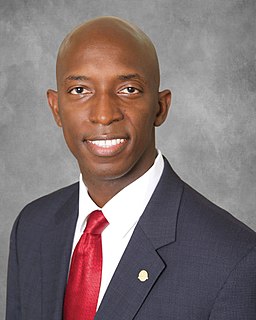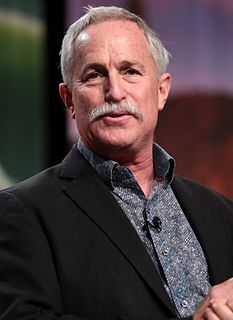A Quote by Naheed Nenshi
You know, the key issue is that city issues are not to be put in a box and say well, that's what the mayor wants. They're Canadian issues. Cities account for 75 percent of our GDP. If you don't have a plan for cities, it means you don't have a plan for the economy.
Related Quotes
Fifty percent of the world's population lives in cities. In a couple of decades, 70 percent of the world's population will be living in cities. Cities are where the problem is. Cities are where the solution is, where creativity exists to address the challenges and where they have most impact. This is why, in 2005, the C40 was founded, an organization of cities that address climate change. It started with 18 cities; now it's 91. Cities simply are the key to saving the planet.
The EPA's [Clean Power Plan] is another example of Washington's lack of understanding when it comes to rural and Western energy issues. I oppose this new rule because it hurts my district, which has four coal-fired plants that power Arizona's big cities, small towns, businesses and residences. These plants also provide good-paying jobs in our tribal and rural regions.
From a business perspective, the question related to cities and sustainability is clear and compelling: can you have a healthy company in an unhealthy city? Arguably, no. Companies need healthy cities to provide reliable infrastructure, an educated and vital workforce, a vibrant economy, and a safe and secure environment to survive and thrive. Business executives have a lot to learn from cities, and a lot to contribute, and this book shows the way, chronicling the successes and the lessons learned about what it takes to make a city healthy, in every sense of the word.
The Spirit of Cities presents a new approach to the study of cities in which the focus is placed on a city's defining ethos or values. The style of the book is attractively conversational and even autobiographical, and far from current social science positivism. For a lover of cities--and perhaps even for one who is not--The Spirit of Cities is consistently good reading.


































